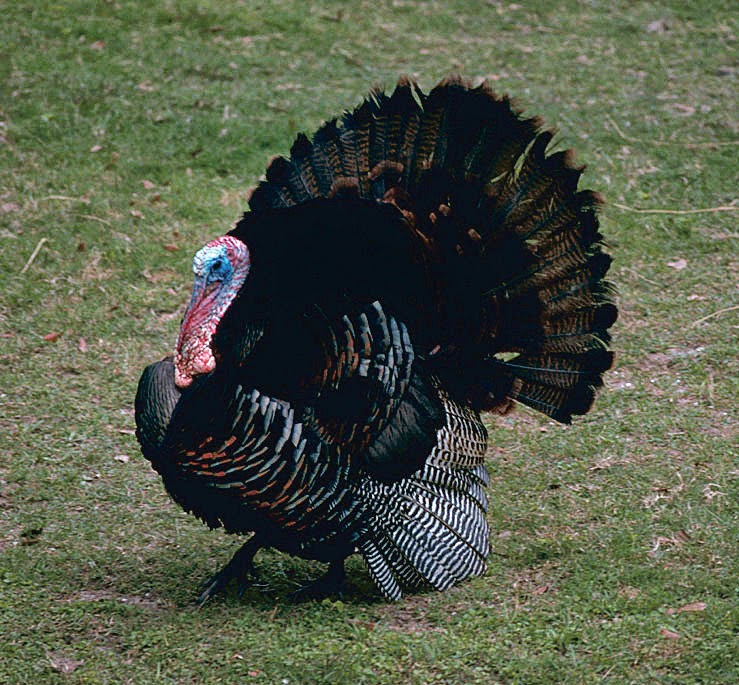Living Legacy: Faith Voices on Animal Protection (Updated 11/1/14)
Here is a great new three-part video series from the Human Society of the United States Faith Outreach Department. In this series, three notable animal advocates, whose faith inspires their concern for animals, speak about three such figures from the past. HSUS explains:
Here is a link to a discussion of the series in Desert News. As noted in that article, and as these videos make clear, there is a long history of people committed to living into their faith taking up the banner of animal welfare,even if the topic is rarely addressed in our faith communities:
- Eric Metaxas discusses William Wilberforce, an evangelical member of Britain’s Parliament, best known for championing the equal rights of all human beings through the passage of the Foreign Slave Trade Act (1806-07). Wilberforce also passionately fought for the welfare of animals, seeing a direct link between how humans treat animals and how they treat their neighbors.
- Dr. Karen Swallow Prior discusses Hannah More and her commitment to reforming culture. More, a close friend of William Wilberforce, advocated for the abolition of slavery and the improvement of morals, education, religion and animal welfare.
- Dr. Jerry Root discusses C.S. Lewis and the concern he had for animals throughout his life. A writer and Christian apologist, Lewis is best known for his fictional work, especially The Chronicles of Narnia, and for his nonfiction such as Mere Christianity and The Problem of Pain.
The forgotten faith connection
Animal welfare activism, like environmentalism, is often associated with liberal politics and secular culture in American society.
Prior said that's likely because faith leaders stopped talking about the issue in their communities, leaving other social issues to fill the void.
"Anytime the church fails (to address) a topic, then other voices are going to pick it up," she said. "And they're not going to pick it up in the same way we would."
Metaxas shared a similar sentiment in one of the Wilberforce videos, explaining that, "Many people write it off as a left-wing obsession, but the reality is that the roots of it comes from people of faith."
In fact, for 34 of the Humane Society's 60 years of operation, the organization was under the leadership of an ordained pastor. John Hoyt, a Presbyterian minister, served as president from 1970 to 1992 and Paul Irwin, a Methodist minister, from 1992 to 2004.
We are in good company, indeed, when we argue for Christian concern for animals -- and when we argue that how we relate to animals is an important issue of faith, and that the concern for animals and the concern for humans goes hand in hand.
.JPG)


